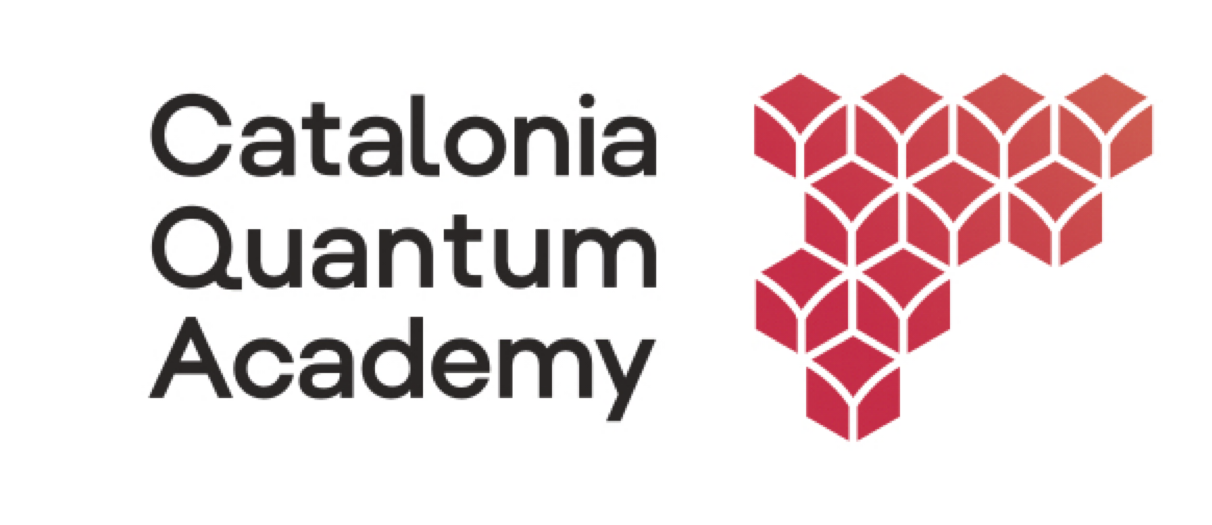2024/2025


-
1. The mathematical formalism: In this first session, we will introduce the fundamental concepts of SDP, a powerful optimization framework that extends linear programming to matrix variables with semidefinite constraints. We will present the standard SDP formulation and explore key properties as such as feasibility and duality. Through multiple examples, we will illustrate how SDPs arise in diverse applications, laying the mathematical foundation for the subsequent lectures in the series.
-
2. Applications to quantum info: This lecture explores the use of SDP in solving problems specific to quantum information theory. We start by introducing SDP techniques to address classical linear algebra problems, then translate these results into quantum contexts. Topics include quantum state estimation, statistical inference, entanglement detection, and certifying non-locality. Special emphasis is placed on using tools such as strong duality, SDP relaxations, and feasibility tests to extract meaningful insights in quantum settings.
-
3. Numerical implementation: The final lecture focuses on the numerical aspects of solving SDPs. We delve into the algorithms behind popular SDP solvers and discuss how SDP theory fits into the broader landscape of conic optimization. The second part of the lecture is hands-on: we implement and solve simple SDPs using Python, highlighting various packages and solver interfaces available for practical use. This session equips participants with the tools needed to apply SDP in real-world computational problems. Colab Link
2023/2024


Quantum mechanics describes the behaviour of physical systems using elements of linear algebra within a mathematical framework called Hilbert space. When we delve into systems comprising many particles, a significant tool that emerges is the Schur-Weyl duality. This duality helps us understand how to switch between different bases in the context of a multi-particle Hilbert space. In essence, the Schur-Weyl duality allows us to decompose the Hilbert space into simpler components, involving two types of mathematical objects: irreducible representations of the general linear group (GL) and the symmetric group (S_n). These irreducible representations, often abbreviated as irreps, are fundamental building blocks in the study of symmetries within the space. For those familiar with quantum systems, the group SU(d), a subgroup of GL(d) that deals with special unitary transformations, is well-known and widely studied. However, the symmetric group S_n, which deals with permutations of particles, is less familiar to many physicists. Understanding the algebra and representation theory of the symmetric group can provide deeper insights into quantum information theory. In this series of talks, we will start by exploring the basics of the symmetric group’s algebra and its representation theory. We will then learn how to construct these irreducible representations. Finally, we will discuss some key applications and observations in quantum information that arise from this mathematical framework. By the end of these talks, you will have a clearer understanding of how the Schur-Weyl duality and the representation theory of the symmetric group play crucial roles in the field of quantum information.
1. Groups (12-June) We begin by introducing the definition of a group, along with its axioms, properties, and structure. Next, we focus on the symmetric group and the general linear group, exploring their specific structures. Finally, we introduce the concepts of homomorphism and isomorphism, which delve into the abstract idealization of a group
2. Representations (13-June) We define what a representation is, introduce the representation space, and explore some important representations of . We then focus on the task of reducing each representation as much as possible into its irreducible components, i.e., irreducible representations. We conclude the session by introducing Schur’s Lemma and Character theory, which play a major role in reducing representations and identifying irreducible representations.
3. Irreducible representations of Sn and GL(d) (18-June) We introduce Young diagrams to find meaningful labeling of the basis of irreducible representations of and and delve into the task of building such representations. For this, we introduce Schur-Weyl duality and exploit the knowledge of representations to build representations. We explore the connection between these groups through the Clebsch-Gordan coefficients and compare this method with the more conventional Young-Yamanouchi algorithm.
4. Applications and Insights from representation theory to quantum information theory (19-June) We explore some interesting observations from representation theory in quantum theory, such as the connection with the quantum marginal problem, the ‘simple’ proof of entropy inequalities, and the simplifications of Schur-Weyl duality in IID scenarios, which are very common in quantum information applications.
2021/2022
- Andreas Winter: Advanced Quantum Information Theory. MSc degree Quantum Science and Technologies (8 Dec 2021-4 Feb 2022; Mon 11-13, Wed 11-13)
- John Calsamiglia: Quantum Physics I& II. Physics degree
- Alessio Celi, Anna Sanpera, Gael Sentís, Andreas Winter: Quantum Information. Mathematics degree “Computational Mathematics and Data Analytics”
- Ramon Muñoz-Tapia: …
- Ramon Muñoz-Tapia, John Calsamiglia, Emili Bagan, Gael Sentís: Quantum Statistical Inference. MSc degree Quantum Science and Technologies (11 Oct 2021-1 Dec 2021; Mon 16-18, Wed 16-18).
- Ramon Muñoz-Tapia, Gael Sentís: Topics of Modern Science. Multiple undergraduate degrees (15 Sep 2021-8 Jun 2022; Wed 10-12)
2020/2021
- Ramon Muñoz-Tapia: …